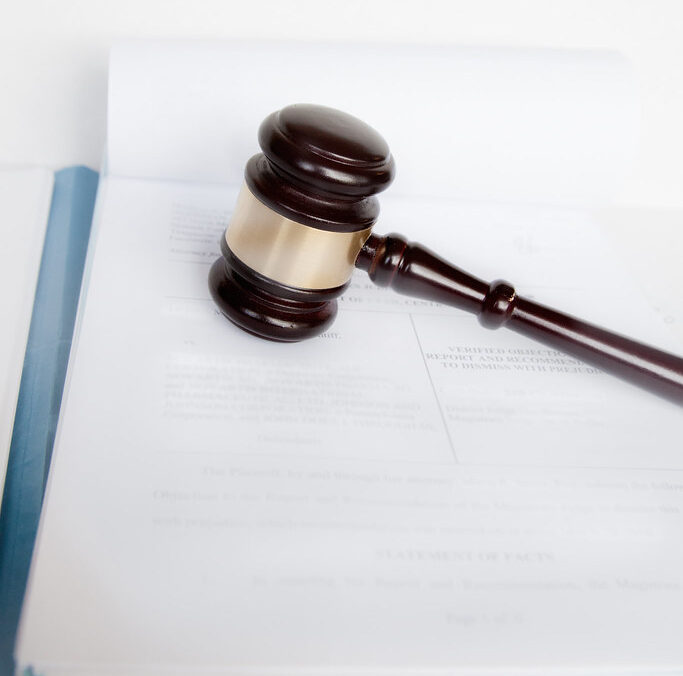Key Takeaways
• Roger Roots argued that January 6 prosecutions were a “grave injustice.”
• He compared J6 cases to historical events like the Bonus Army and Japanese internment.
• A criminology professor interrupted Roots to challenge his claims.
• Roots conceded the U.S. justice system is unfair after the debate.
• The exchange highlighted deep divisions over Trump’s pardons and legal fairness.
Roger Roots Sparks Debate on January 6 Justice
Last week, the American Society of Criminology held its 80th Annual Meetings in Washington, D.C. The theme was “Criminology, Law, and the Democratic Ideal.” On the second day, an unexpected debate unfolded when Roger Roots took the stage.
Who Is Roger Roots
Roger Roots is a defense lawyer known for representing January 6 defendants. He led the defense for Proud Boy Dominic Pezzola and helped Oath Keepers leader Stewart Rhodes. Moreover, he served as a defense lead in other high-profile far-right cases.
Despite his legal credentials, Roots has faced his own legal troubles. He spent almost a year in jail for resisting arrest and violating probation in Florida. He also served 20 months in federal prison for having unregistered firearms.
In academic circles, Roots has written about the Fourth Amendment. He once ran as a Libertarian candidate for U.S. Senate in Montana. In 2014, he admitted past ties to racist materials and Holocaust denial. Roots claims to have left those views behind.
The Criminology Conference Showdown
At the conference, the program showed a session titled, “Did Trump’s Pardon of the J6ers ‘End a Grave National Injustice?’ A J6 Defense Lawyer Speaks.” The abstract promised a detailed argument that J6 prosecutions were unfair and warranted Trump’s mass pardon of about 1,500 defendants.
Roger Roots walked in front of a large audience and began by stating that the president gave no reasons for his pardons. He joked, “Trump should have allowed me to write the executive order for him.” The crowd reacted with laughter.
Roots then presented examples to support his claim. He compared J6 prosecutions to:
• The arrest of socialist leader Eugene Debs in 1918 for anti-war speech.
• The Bonus Army removal in 1932, when veterans peacefully occupied D.C.
• The internment of Japanese Americans during World War II.
• A 1967 protest by armed Black Panthers at the California State Capitol.
Roots argued that J6ers received harsher treatment than these groups. He said prosecutors used novel legal theories to win convictions. He claimed the sentences were the harshest in U.S. history for political rioting.
Challenging Roots’s Claims
However, a professor in the audience felt compelled to speak up. He stood and said, “Counselor, there is nothing unusual here. That is simply how our criminal justice system works.” With that, the debate took a sharp turn.
First, the professor noted that none of Roots’s examples involved violent clashes with police. The Bonus Army protest lasted ten days of peaceful occupation. Similarly, Debs spoke without inciting violence. The internment of Japanese Americans and the armed Black Panther protest were very different contexts.
Moreover, the professor pointed out that J6 cases included attacks on police, property damage, and clear threats to democracy. He said, “Those are not peaceful protests. They tried to overturn an election.” Roots paused, then nodded. He admitted the examples did not match the January 6 events.
Next, the professor pressed Roots on the claim of “selective and vindictive” prosecutions. He asked if Trump’s own prosecutions fit that label. Specifically, he mentioned investigations into Jim Comey and Letitia James.
Roots replied, “Yes, I guess they are. We just don’t have a very fair system of law in this country.” With that, he weakened his own argument about selective justice.
The Final Exchange
As the session ended, Roots invited questions. People asked about legal strategies and the role of media. Finally, when Roots rose to leave, the professor stopped him again.
“Not so fast,” he said. “Is the justice system worse under Trump and the new Supreme Court? Yes or no?” Roots thought, then answered, “It is worse today under Trump’s direction.”
In that moment, the debate revealed the irony in Roots’s stance. He argued for pardon and clemency, yet he agreed the system under Trump is flawed. The audience left with a clearer view of both sides.
What This Means for January 6 Justice
This impromptu debate at the conference shows how heated the January 6 discussion remains. On one hand, defense lawyers like Roger Roots push claims of unfair treatment. On the other hand, scholars call out the violence and threat to democracy.
Furthermore, the argument over Trump’s pardons highlights deep political divides. Some believe clemency can correct legal excesses. Others see pardons as a dangerous misuse of power.
Finally, the debate underscores that context matters. Historical comparisons require precise facts. Legal fairness also means considering the actions and goals of protestors. In January 6 cases, the attempt to subvert an election changed the legal stakes.
In the end, the conversation at the ASC meeting reminded everyone that our justice system is complex. It operates under laws, precedents, and political pressures. While no system is perfect, clear debate and honest facts remain key to improving it.
FAQs
What did Roger Roots argue about January 6 prosecutions?
Roger Roots claimed that January 6 prosecutions were overly harsh and unfair. He compared them to historic events to support his case.
How did the professor challenge Roots’s presentation?
The professor interrupted to point out that Roots’s examples did not involve violent protest against police. He argued that January 6 cases were unique due to violence and threats to democracy.
Did Roots admit any flaws in his argument?
Yes. During the debate, Roots agreed that the U.S. justice system is unfair and that it is worse under Trump’s influence.
What does this debate reveal about Trump’s pardons?
The debate shows strong disagreement. Some see Trump’s pardons as justice corrected. Others view them as power abused to protect wrongdoers.
